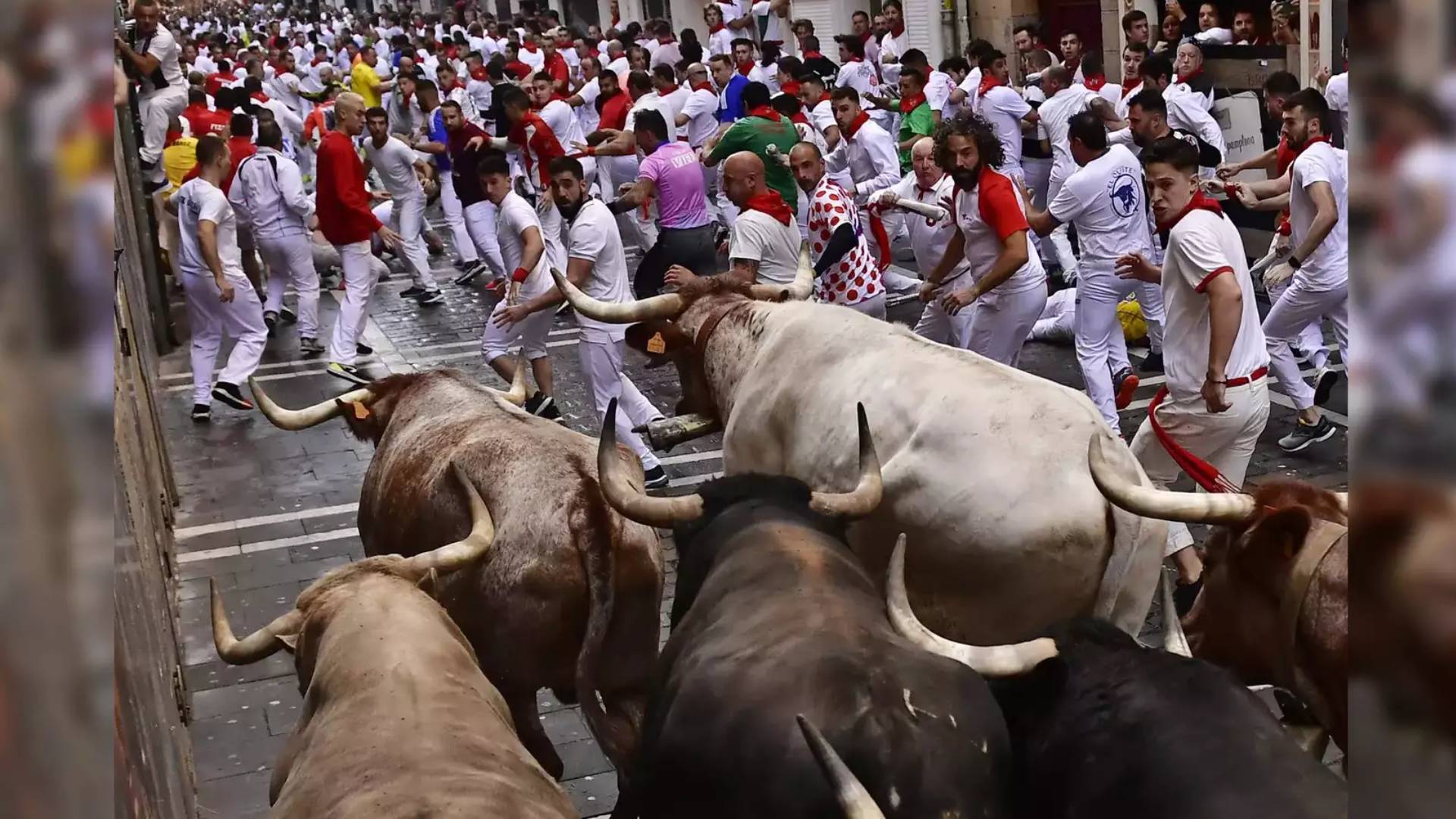Mexican town continues bull running tradition despite legal struggle over bullfights in capital
This year, it takes place amid an ongoing legal battle over bullfights 300 miles 485 kilometers to the west in Mexico City.The festival tied to Candelaria -- Candlemas in English - runs from Jan. 28 to Feb. 9 among the colorfully painted houses of Tlacotalpan.The bulls, donated by the towns most well-off families, are just part of days of cultural and artistic events.

- Country:
- Mexico
For nearly a quarter century, the residents of this riverside town in southeastern Mexico have taunted, slapped, chased and run from bulls as part of a religious festival.
It is reminiscent, though at a much smaller scale, of the running of the bulls in northern Spain and has continued year after year despite laws banning the mistreatment of animals. This year, it takes place amid an ongoing legal battle over bullfights 300 miles (485 kilometers) to the west in Mexico City.
The festival tied to Candelaria -- Candlemas in English - runs from Jan. 28 to Feb. 9 among the colorfully painted houses of Tlacotalpan.
The bulls, donated by the town's most well-off families, are just part of days of cultural and artistic events. On Thursday, six bulls crossed the Paploapan river into the town on a boat.
Beer drinking crowds of mostly young men clad in red shirts chased them through the streets, tugging on their ears and tails, to an improvised coral where some people tried to climb atop them.
Some of the tormentors suffered injuries, knocked down or gored and treated by paramedics.
In 2016, animal rights groups successfully pushed legislation in the state of Veracruz banning this sort of event. But Tlacotalpan has continued its festival undeterred in the name of tradition.
Alfredo Cervin, 20, described the adrenaline rush of running with the bulls with a profanity. He said the tradition should continue because it was something that distinguished the town.
Elva Arroyo Urbano, 48, said they were more careful with the animals now. “They've improved the way they bring them a little tied. They let them rest and they don't mistreat them as much. There's a little more discipline toward the bulls.” Local authorities say the event has continued since the town was founded on the banks of the river in 1777. The annual threat of fines - there's no record any have ever been imposed - have not stopped the town's tradition.
(This story has not been edited by Devdiscourse staff and is auto-generated from a syndicated feed.)










